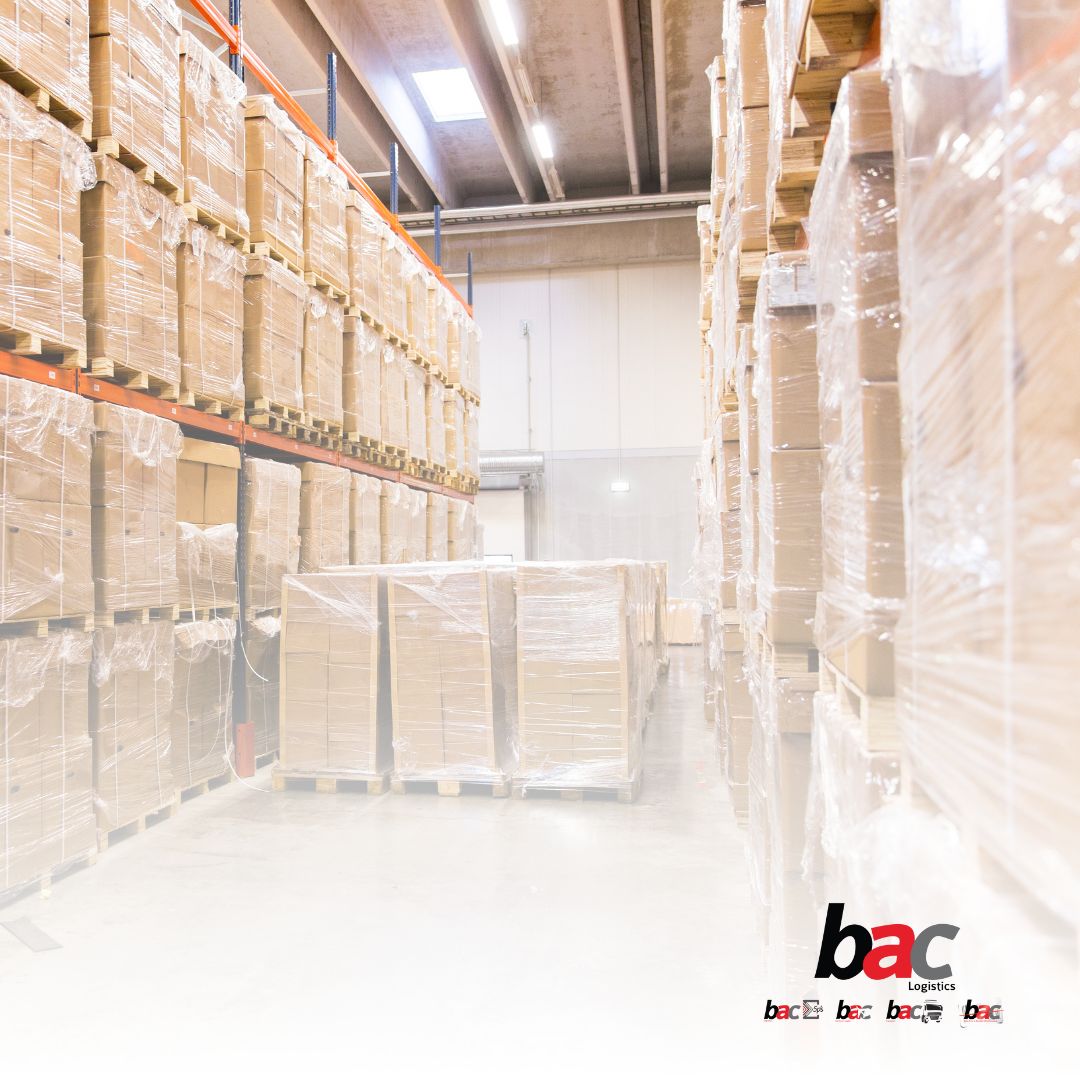

31st Oct, 2024
In today’s globalised economy, efficient supply chain management is paramount for businesses looking to compete on an international scale. One key component of a streamlined supply chain is the effective use of bonded warehousing.
This article provides a comprehensive guide to understanding bonded warehousing, highlighting its benefits, operational intricacies, and how businesses can leverage it to optimise their import-export processes.
A bonded warehouse is a secure storage facility where imported goods can be stored without immediate payment of customs duties. These warehouses are typically operated under the authorisation of customs authorities, allowing businesses to defer duties and taxes until the goods are either sold or removed for distribution. This system offers a significant cash flow advantage, particularly for companies engaged in international trade.
There are several types of bonded warehouses, each serving specific needs depending on the nature of the goods and the requirements of the business:
These are open to any business needing storage for imported goods. They are typically managed by third-party logistics providers, offering a flexible and cost-effective solution for small to medium-sized enterprises.
Operated by specific companies for their exclusive use, private bonded warehouses provide greater control over storage conditions and inventory management. These are ideal for large businesses with consistent import volumes.
These warehouses cater to specific types of goods, such as perishable items, hazardous materials, or high-value commodities. They are equipped with the necessary infrastructure to ensure the safe storage of specialised goods.
Bonded warehousing offers numerous advantages that can enhance a business’s operational efficiency and financial performance:
One of the primary benefits is the ability to defer customs duties until the goods are released for sale or export. This can significantly improve cash flow management, allowing businesses to invest capital in other areas.
Bonded warehouses are subject to stringent customs regulations, ensuring that stored goods are secure and compliant with all relevant laws. This reduces the risk of non-compliance penalties and enhances the credibility of the business.
By utilising a bonded warehouse, businesses can store goods in bulk and release them in smaller quantities as needed. This not only reduces storage costs but also allows for better inventory control and planning.
Bonded warehouses facilitate international trade by allowing businesses to store goods close to their markets without incurring immediate customs duties. This is particularly advantageous for businesses with a global customer base, as it reduces lead times and enhances customer satisfaction.
Many bonded warehouses offer additional services such as packaging, labelling, and quality control. These services can be tailored to meet the specific needs of the business, further streamlining the supply chain.
To maximise the benefits of bonded warehousing, businesses need to understand the operational aspects involved:
To store goods in a bonded warehouse, businesses must obtain a customs bond, which acts as a guarantee for the payment of duties. Accurate documentation is also critical, including import licences, invoices, and shipping documents.
Maintaining accurate inventory records is essential for compliance and efficient operations. Businesses should invest in robust inventory management systems that integrate with customs reporting requirements.
Bonded warehouses are subject to regular inspections by customs authorities to ensure compliance with security and regulatory standards. Businesses must adhere to these standards to avoid fines and ensure the smooth operation of their supply chain.
When goods are ready to be released from the bonded warehouse, businesses must pay the applicable customs duties and taxes. The release process involves thorough checks to ensure that all regulatory requirements have been met.
If goods are re-exported from the bonded warehouse, businesses may be eligible for a duty drawback, which is a refund of the duties paid. This further enhances the financial benefits of using bonded warehousing.
BAC Logistics offers comprehensive bonded warehousing solutions designed to meet the unique needs of businesses engaged in international trade. With state-of-the-art facilities and a team of experienced professionals, BAC Logistics ensures that your goods are stored securely and efficiently, allowing you to focus on growing your business.
Our bonded warehouses are equipped with advanced inventory management systems, providing real-time visibility into your stock levels and facilitating seamless customs compliance. Whether you are storing high-value commodities, perishable goods, or bulk imports, BAC Logistics has the expertise and infrastructure to support your business needs.
Bonded warehousing is a strategic asset for businesses involved in global trade, offering significant financial and operational benefits. By understanding the intricacies of bonded warehousing and leveraging the expertise of a trusted logistics partner like BAC Logistics, businesses can optimise their supply chain, improve cash flow, and enhance their competitive edge in the international market.
Whether you are a small business looking to expand globally or a large enterprise seeking to streamline your import-export operations, bonded warehousing provides the flexibility and efficiency needed to succeed in today’s dynamic business environment.
Copyright © . BAC Logistics. All rights reserved.